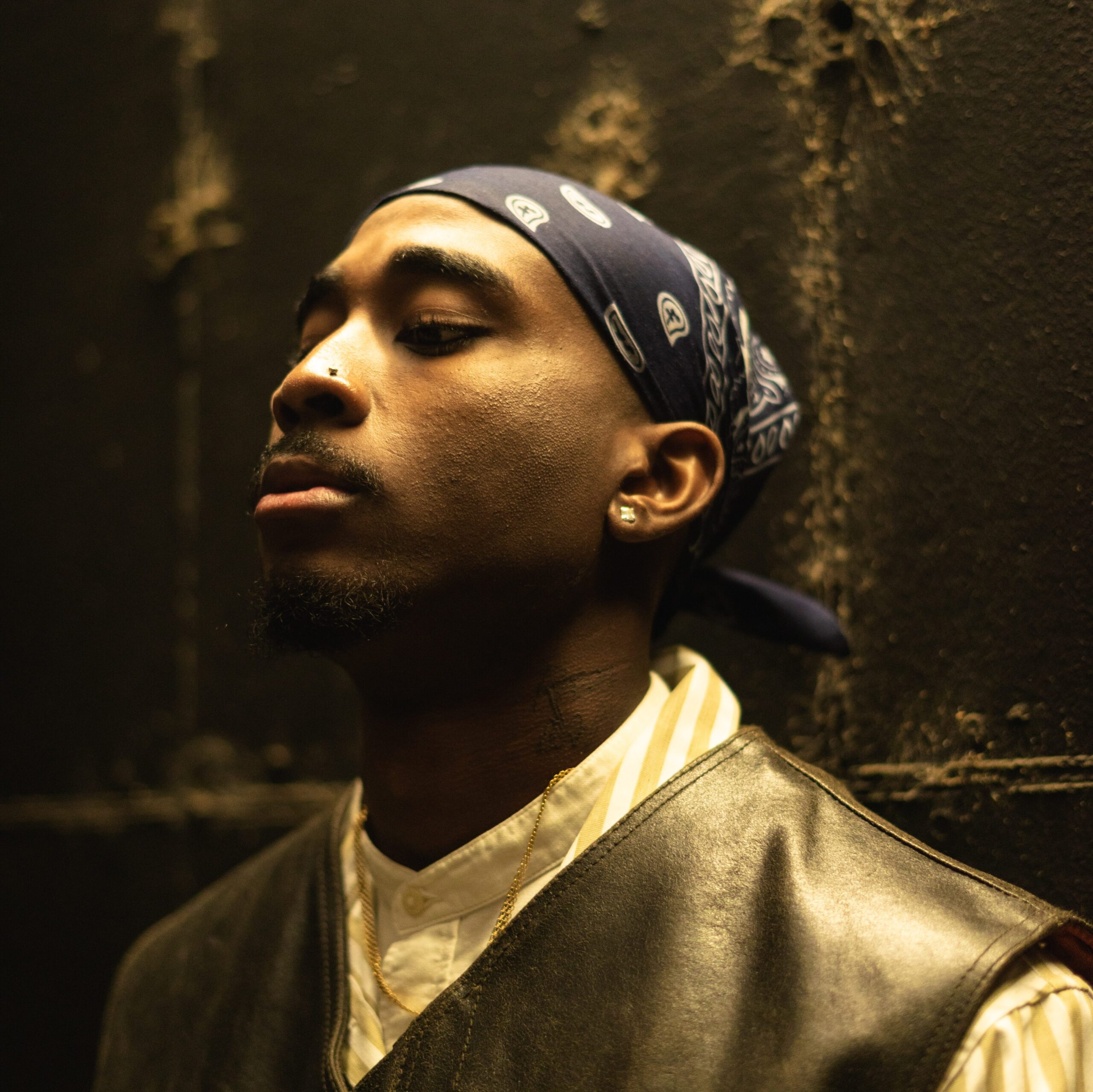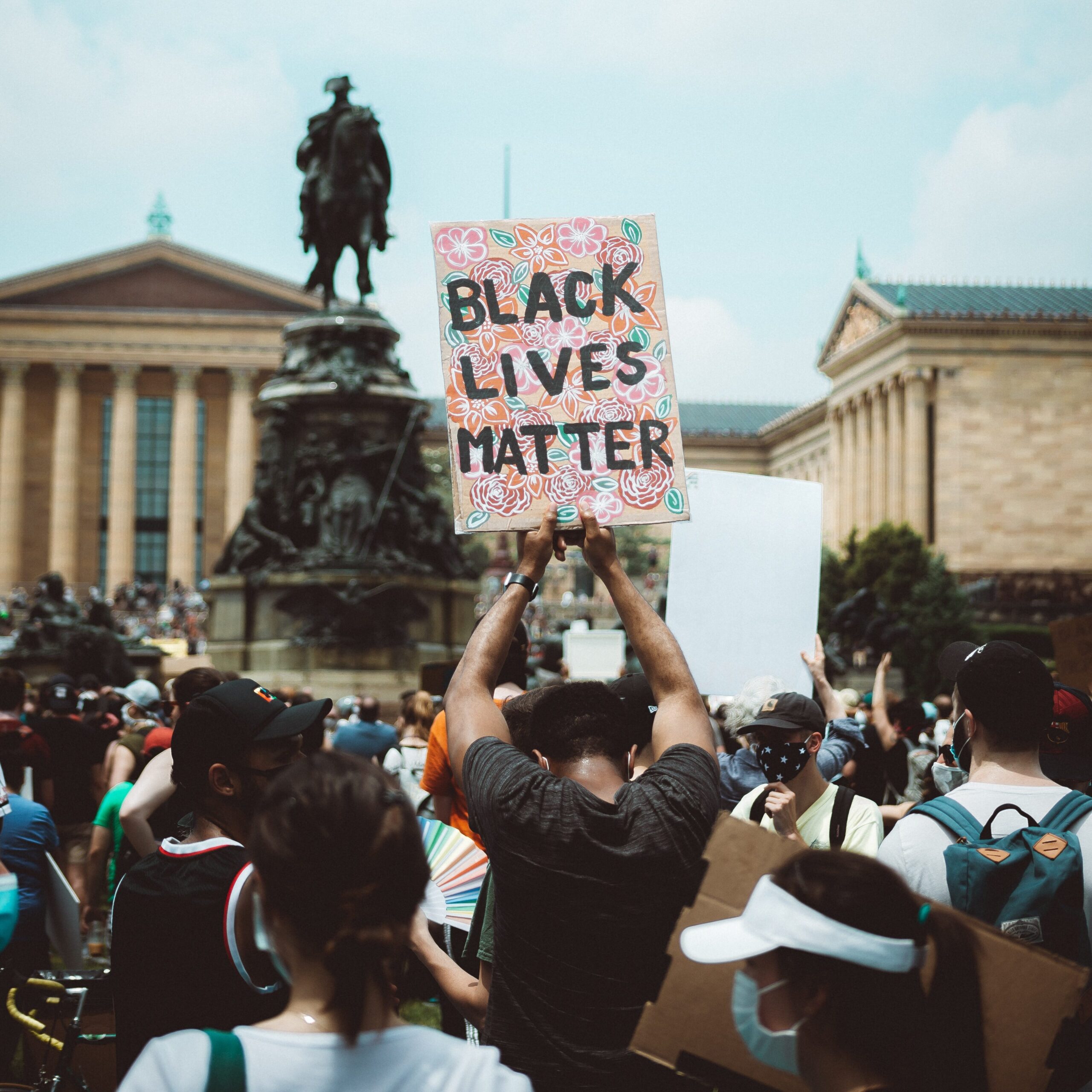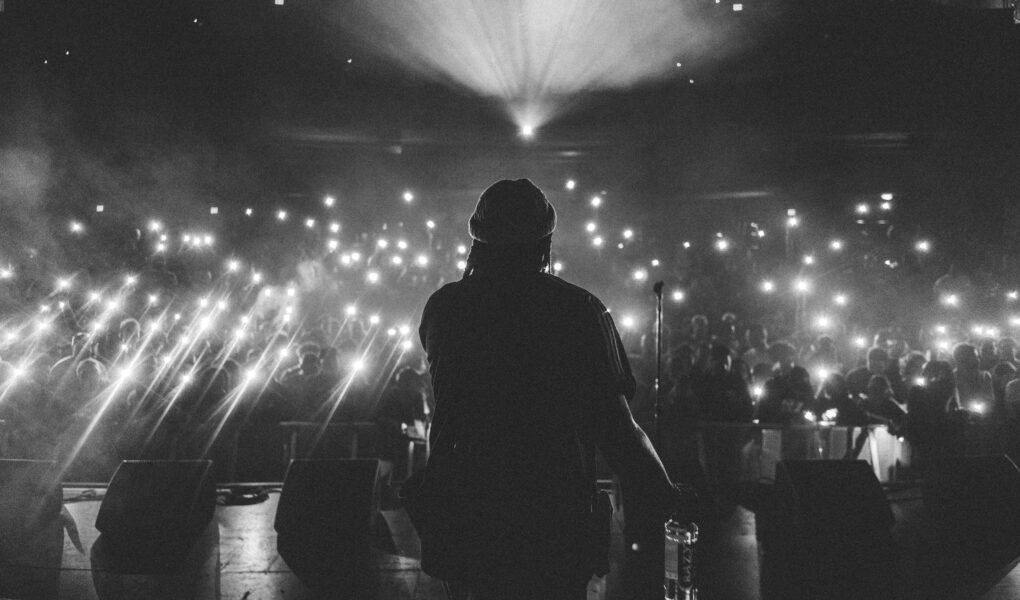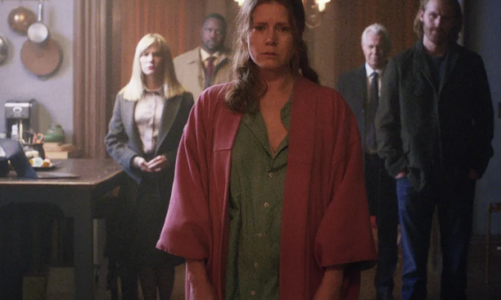Origins and Early Years
In the late 1970s, hip hop music was born in the Bronx. Founded by Black and Latinx communities to share their problems and experiences, Hip hop gave rise to rapping, DJing, graffiti, and breakdancing. These elements combined to create a distinct and potent art form that spoke to and for the oppressed and underrepresented.
DJ Kool Herc is widely regarded as one of the genre’s forefathers. He’d play music at block parties, stretching out song breaks with two turntables so people could dance for longer periods of time. He popularized the “breakbeat” style, becoming a trademark in the industry.
Grandmaster Flash, another early hip hop figure, was one of the first DJs to use turntables as an instrument. He invented techniques for cutting and scratching vinyl. Grandmaster Flash and the Furious Five’s 1982 smash single “The Message” was one of the first socially conscious hip hop tracks.
As hip hop music grew in popularity, it began to spread into other American cities. Hip hop starting gaining national attention in large part thanks to artists such as Run-DMC, LL Cool J, and the Beastie Boys.
Evolution and Mainstream Success
Around the middle of the 1980s, hip hop music began to diversify. Musicians such as Public Enemy and KRS-One contributed a political and social consciousness to the genre, addressing racism, police brutality, and poverty. This varied from prior hip hop themes, which largely focused on party music.
Hip hop’s popularity and commercial success skyrocketed in the late 1980s and early 1990s. N.W.A, Tupac Shakur, and The Notorious B.I.G. became household names after achieving international popularity. Many people consider this period to be the “Golden Age” of hip hop.

Hip hop continued to develop and flourish during the 1990s, with sub-genres such as gangster rap, conscious rap, and alternative hip hop emerging. Outkast, Wu-Tang Clan, and Lauryn Hill all introduced fresh sounds and viewpoints to the genre.
Hip hop also began to have an impact on fashion and popular culture as well. Performers became style icons through their baggy clothes, sneakers, and gold chains. Hollywood also took notice, creating films based on the culture.
Hip Hop Today
Hip hop has come a long way since its inception in the Bronx. With an ever-evolving sound and a new generation of performers pushing the boundaries of what is possible, the genre has today become a dominant force in popular music and culture.
One of hip hop’s distinguishing traits currently is its diversity. The genre has evolved to include a wide range of styles and subgenres, ranging from conscious and alternative hip hop to trap and mumble rap.

Hip hop has also continued to have a significant impact on popular culture, influencing mainstream culture through its dance, clothing, and language. Streetwear and urban fashion have incorporated hip hop culture’s loose pants, shoes, and graphic tees. Hip hop dance has acquired appeal as a form of expression and fitness due to its quick and fluid moves. In addition, hip hop terminology has influenced both common speech and popular culture.
Hip-hop has become a powerful force for social and political change because hip-hop artists utilize their music to speak out on important topics and demand justice. Hip-hop artists like J. Cole, Lil Baby, and Kendrick Lamar have used their platforms to raise awareness of the Black Lives Matter movement in particular and to demand change.
It’s bigger than black and white
The Bigger Picture (Song by Lil Baby)
It’s a problem with the whole way of life
Hip hop’s global impact has also grown, with artists from all over the world crafting their own distinct interpretations of the genre. In France, for example, artists such as Stromae and MC Solaar have merged hip hop with techno and pop music to create a distinct French sound. Hip hop has been merged with samba and other traditional Brazilian music traditions by performers such as Emicida and Criolo in Brazil. In South Africa, hip hop has become a potent vehicle for social and political change, with musicians such as Kwesta and AKA tackling topics such as poverty, corruption, and social injustice.
The Impact of Hip Hop
Hip hop is one of the most well-known and influential musical genres in the world today. Its appeal stems in part from its ability to connect with listeners on a human level. Because it speaks to people’s experiences, problems, and achievements, hip hop is relatable and approachable to a wide range of audiences.
Hip hop has become a popular medium for many people to express themselves and connect with others who share their interests. Formerly silenced and oppressed underprivileged communities now have a voice, allowing them to speak out and be heard.
One of hip hop’s most prominent consequences has been its ability to break through cultural barriers. Because of the genre, people from many walks of life and civilizations have joined together to form friendships and share common experiences.
Hip hop’s origins in the 1960s and 1970s were mostly in New York City’s African American and Latino neighborhoods. But, as people from all walks of life loved the music and culture, it quickly spread to other parts of the country and around the world. Hip hop has genuinely become a global phenomenon, with artists and fans from all over the world united in their love of the genre.
Hip hop music is a massive cultural phenomenon. From its humble beginnings in the Bronx, it has grown to impact almost everything in popular culture. It has contributed to the development of a more varied and inclusive society by providing a platform for the voiceless. As it evolves and thrives, hip hop will continue to have a tremendous influence on our culture and society as a whole.




